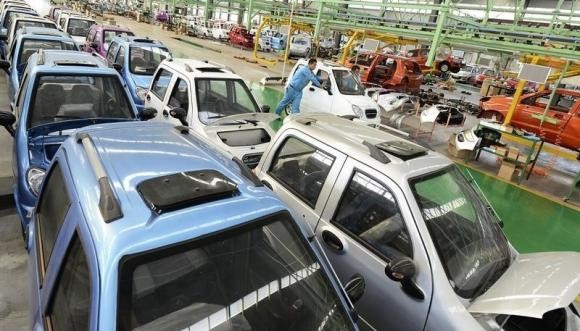The latest data on the status of electric vehicles in China is one of the most striking indications that the massive east Asian nation is heeding the environmentally conscious words of its leader, publicized last month during a domestic inspection tour.
In addition to the major addition of electric-vehicle charging stations in the nation's capital, which will be ready for the Spring Festival, the sales data from last years shows that China is now the world's second-most prominent electric car market after the U.S.
Although the Ministry of Commerce's data for last year--which shows that sales of electric vehicles reached 75,000 in China--was moderated by Pang Yicheng, an executive consultant in the new-energy-vehicle industry, the figures still represented a considerable expansion of the domestic market.
Pang told the media that "an over reliance on government subsidies" meant that the yearly total was heavily influenced by governmental support. This influence will receive a boost this year, as a reduction of the subsidies for fossil-fuel-based vehicles was announced by China's Ministry of Finance in January.
President Xi Jinping likened the environment to the human body in January to remind his nation's citizens that the quality of their health relies on the state of the external conditions they live within.
The understanding that the president is attempting to foster is not a difficult equation to process, and the Chinese people have already learned about the toll that rapid industrial development can wreak upon air quality. Given that automotive use is also a significant contributor to air pollution, the growth of electric vehicles in China should not be underrated.
The main challenges now lie in the attainment of further private investment for more charging stations, a business model that exists beyond subsidies and retail prices that are amenable to ordinary consumers.
Tesla has already identified an issue for its electric vehicles in the Chinese market--perceptions that home charging is difficult--and is currently in the process of making adjustments to its business model.
As Beijing seeks to further facilitate the spread of renewable-energy cars across the country, industry players need to ensure that they are keeping up.



























